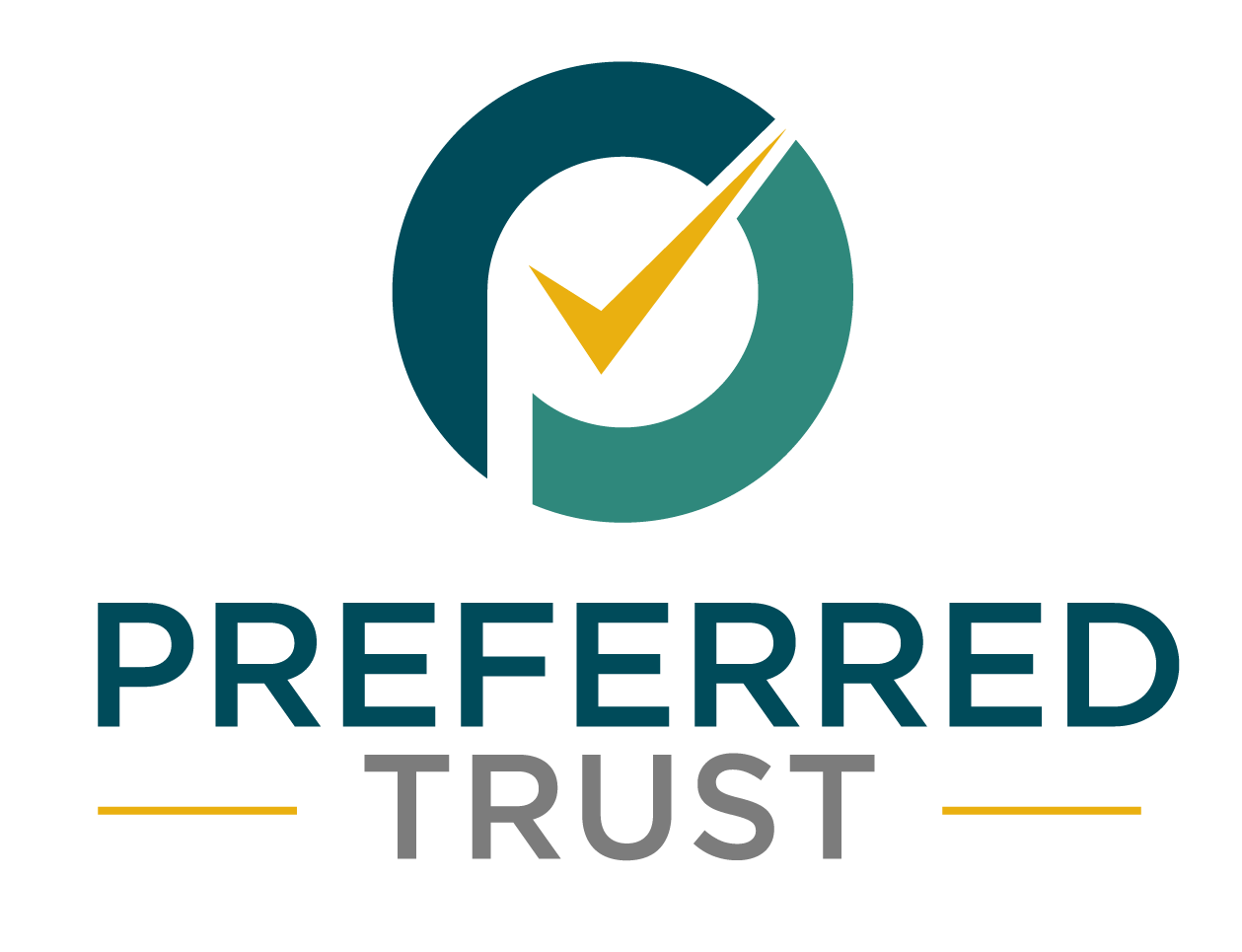INVEST WITH AN IRA
What is a Self-Directed IRA?
The creation of the Individual Retirement Account (IRA) in 1975, allows Americans to broaden their investment options. Although not widely publicized initially, the trend of investing with a self-directed IRA in non-traditional assets such as real estate is growing. A Self-Directed IRA (SD-IRA) simply means that you have complete control over selecting and directing your own investments, allowing you to invest in non-traditional investments not offered through traditional retirement plans.
Self-directed IRAs provide a unique and flexible way for people to allocate their retirement funds, allowing them to diversify beyond traditional assets such as stocks, bonds, and mutual funds. With a self-directed IRA, you can use your personal knowledge and experience to identify high-yield investments, take advantage of niche opportunities, and explore investment options like real estate, digital currency, clean energy, oil and gas, agriculture, private placements, precious metals, and more. Or you can be the bank, providing private money loans and earning interest on loaned funds. A self-directed IRA can open the door to a wide array of high-yield alternative assets, provide a way to diversify your retirement portfolio, and potentially increase investment returns through tax-deferred growth.
This versatile financial tool gives them the freedom to allocate their retirement funds to a variety of alternative assets, including clean energy, real estate, private equity, startups, precious metals, and more.
ADVANTAGES OF SELF DIRECTED IRAS
DIVERSIFICATION
Diversifying your retirement portfolio is a smart investment strategy that can reduce risk, enhance stability, and improve returns. Alternative assets have the potential to outperform traditional assets like stocks, bonds, and mutual funds, and with a low correlation to traditional investments, can act as a powerful buffer during market downturns.
TAX-DEFERRED OR TAX-FREE INCOME
Investment gains and income generated within the self-directed IRA can be tax-free (Roth IRA) or tax-deferred (Traditional IRA). Because a self-directed IRA claims 100% of the income generated by the investments in the account, your retirement funds can grow without restriction.
A self-directed IRA permits tax-free withdrawals of contributions, interest, and earnings after the age of 59 ½.
OFFSET HIGHER TAX RATES
Consult your tax professional about the possibility of reducing your taxable income based on your filing status and income.
- 2024 Traditional IRA Maximum Annual Contribution Limit – under 50 years $7,000, over 50 years: $8,000.
- 2024 Roth IRA Maximum Annual Contribution Limit – under 50 years $7,000, over 50 years $8,000.
- 2023 SEP IRA Maximum Annual Contribution Limit – lesser of $69,000 or 25% of compensation.
- IRA allows all taxpayers under 73 years to contribute to an IRA.
If you file a joint return, both you and your spouse can make IRA contributions, even if only one of you has taxable compensation. The amount of your combined contributions can’t be more than the taxable compensation reported on the joint return, regardless of which spouse earned the compensation. If neither spouse participated in a retirement plan at work, all contributions may be deductible.
You can contribute to a traditional or Roth IRA whether or not you participate in another retirement plan through your employer or business. However, you may not be able to deduct all of your traditional IRA contributions if you or your spouse participates in another retirement plan at work. (Roth IRA contributions may be limited based on income level.)
Consult with a qualified CPA or tax specialist to verify your maximum contribution limits. You can also find additional details here, in IRS Publications 560 and 590.
ASSET PROTECTION
Under US Bankruptcy law, self-directed IRA assets are exempt from bankruptcy in amounts up to $1,000,000.
BUILD FOR YOUR BENEFICIARIES
Certain self-directed IRAs allow the passing of assets to beneficiaries after death, with little or no tax liability.
Properly designating your beneficiary can be an important part of your lifetime plan. Without this designation, your heirs may be subject more income and estate taxes than necessary.
Beneficiary Options:
- The most common beneficiary designations are spouses, children, grandchildren, or other relatives.
- A trust, charity, or combination of individuals can also be named.
- Multiple individuals can be named as beneficiaries however additional rules apply as to how the required minimum distribution is determined.
- Name a Living Trust. When you name a living trust as either a primary or contingent beneficiary, work with a professional to ensure the trust agreement is established properly to make certain you have the most advantageous tax results.
- Name a contingent beneficiary should your primary beneficiary predecease you. Without a designated beneficiary your IRA could go into probate and produce unfavorable tax results for your loved ones.


ADVANTAGES OF SELF DIRECTED IRAS

Preferred Trust Company
preferredtrustcompany.com
6700 Via Austi Parkway, Suite 301
Las Vegas, NV 89119
702-990-7892
The question isn’t at what age you want to retire, it’s how much income you want to have when you decide to retire. If you’re simply relying on stocks, bonds, and mutual funds for your investment strategy, then you are missing what could be a pivotal vehicle for the growth of your retirement nest egg. Did you know that you can invest in real estate with a retirement account? With Trust Deeds at Ignite Funding, you can diversify your portfolio from the conventional market AND compound double-digit returns in a qualified account. Trust Deeds have longer hold periods, lower investment minimums, and offer capital preservation, making it an ideal investment to deploy for a long-term retirement strategy.
We created a blog to help show you that Trust Deed investing in a retirement account is easier than you may think. Click here to learn more.
Learn how To earn Double Digit Returns!
Learn how To earn Double Digit Returns!
Ignite Funding, LLC | 6700 Via Austi Parkway, Suite 300, Las Vegas, NV 89119 | P 702.739.9053 | M 702.919.4281 | F 702.922.6700 | NVMBL #311 | AZ CMB-0932150 | Money invested through a mortgage broker is not guaranteed to earn any interest and is not insured. Prior to investing, investors must be provided applicable disclosure documents.
© 2025 Ignite Funding. All rights reserved
Ignite Funding, LLC | 6700 Via Austi Parkway, Suite 300, Las Vegas, NV 89119 | P 702.739.9053 | M 702.919.4281 | F 702.922.6700 | NVMBL #311 | AZ CMB-0932150 | Money invested through a mortgage broker is not guaranteed to earn any interest and is not insured. Prior to investing, investors must be provided applicable disclosure documents.
© 2025 Ignite Funding. All rights reserved
